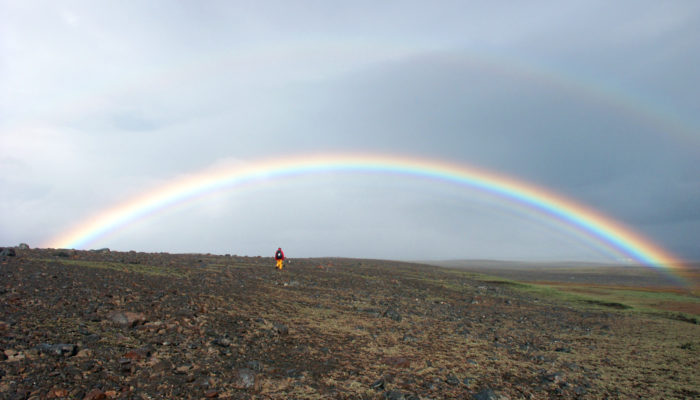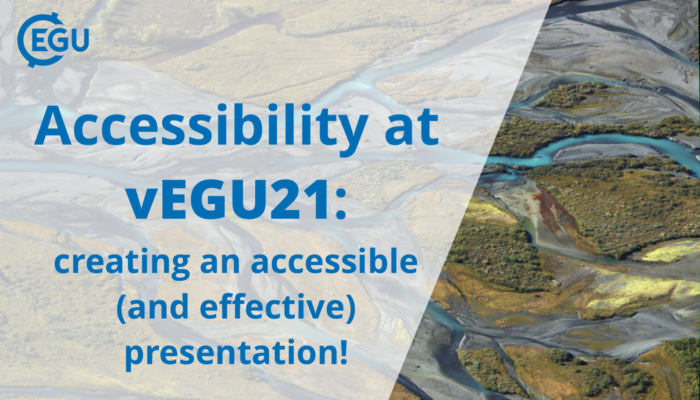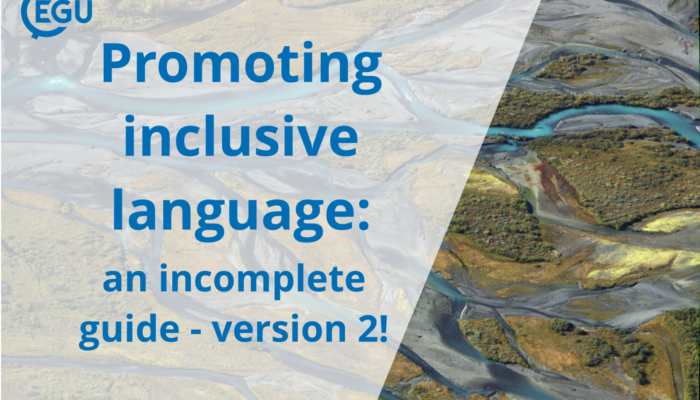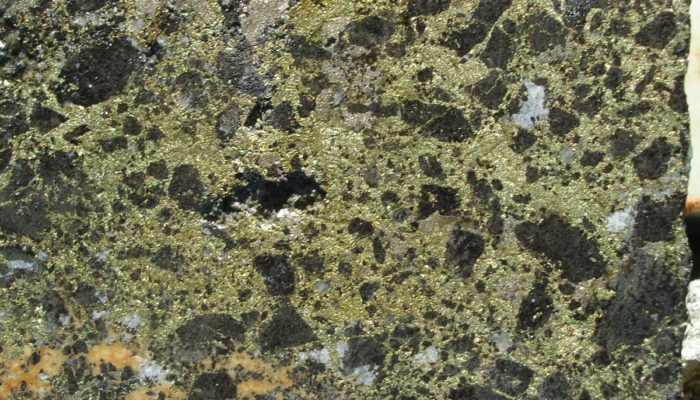Even before the global pandemic reshaped how we share our scientific research, presenting our results online has become more and more a normal activity for researchers around the world. Digital conferencing, remote presentations and pre-recorded talks shared over the internet have a lot of positives and negatives, not least of which is the ability to share your work with a wider audience than migh ...[Read More]
Accessibility at EGU: Promoting inclusive language, an incomplete guide – VERSION 2!
Like all people, geoscientists can sometimes forget the importance of language. How scientists use language is important because it not only allows us to communicate effectively with different groups, from policymakers to concerned citizens and other researchers, but it can also influence how people respond on an emotional or personal level. The way we use language can even influence how much som ...[Read More]
Colour deficient vision and the geosciences; just another way of looking at things
Like a reasonably large proportion of the population, I have colour vision deficiency (also known as colour deficient vision or colourblindness). I’m not going to get into the technical aspects of what this is like as they are covered well here and here, and you can do an Ishihara test, and other tests here, to check your own vision. The other reason I’m not going to discuss the technicalities of ...[Read More]
LGBTQIA+ in the field

As a part of any field-based science work, whether it be as an individual scientist, research team or with students, we must first conduct a risk assessment. This often focuses on the physical dangers that you, your colleagues or students may encounter whilst working in stressful and sometimes unfamiliar environments. More recently, field-based risk assessments for physical/environmental scientist ...[Read More]



